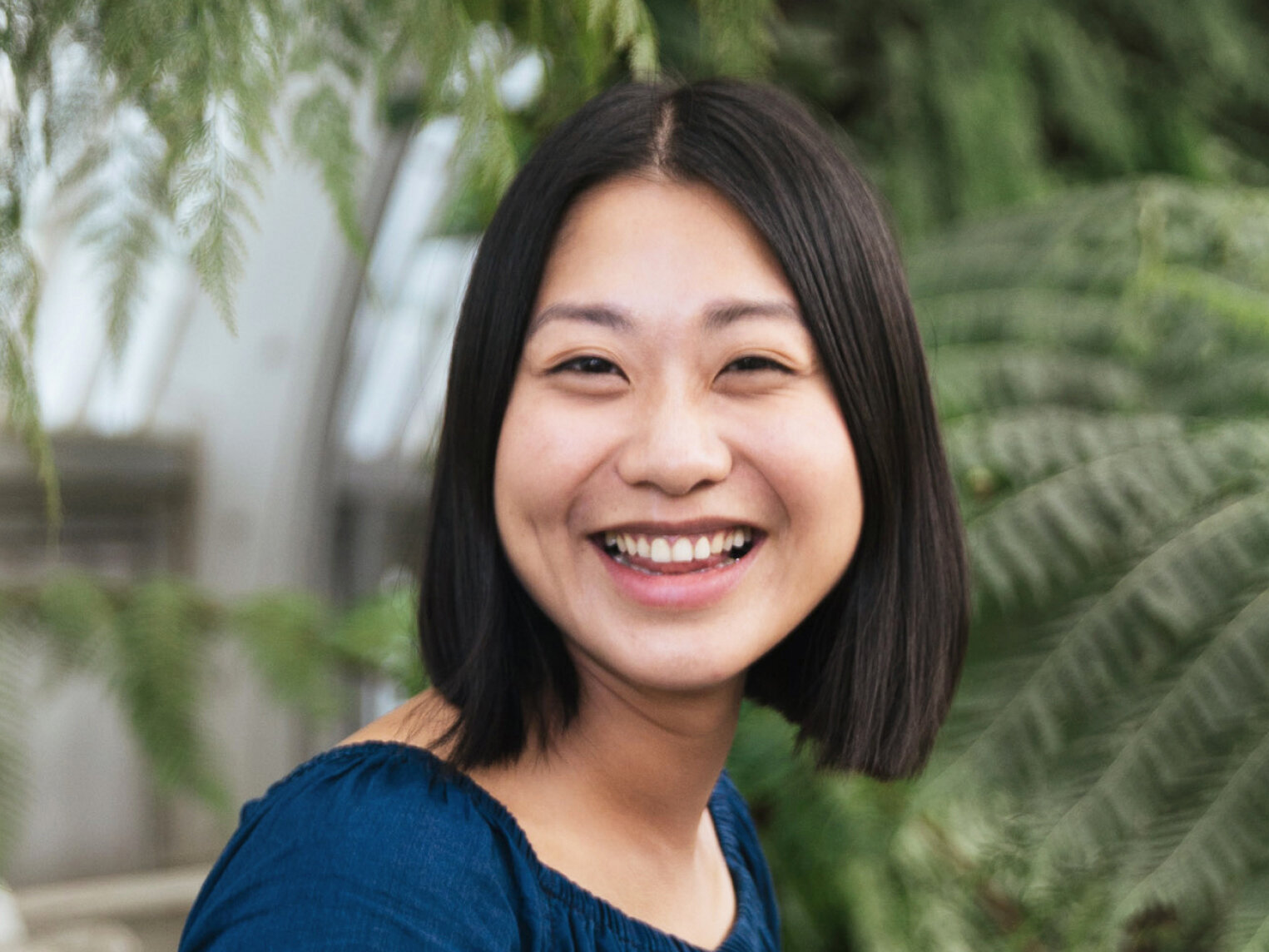Make an
impact today
Support our mission by contributing a donation.

Why give?
-
✽
It all begins with an idea. Maybe you want to launch a business. Maybe you want to turn a hobby into something more.
-
✽
It all begins with an idea. Maybe you want to launch a business. Maybe you want to turn a hobby into something more.
-
✽
It all begins with an idea. Maybe you want to launch a business. Maybe you want to turn a hobby into something more.
-
✽
It all begins with an idea. Maybe you want to launch a business. Maybe you want to turn a hobby into something more.
-
✽
It all begins with an idea. Maybe you want to launch a business. Maybe you want to turn a hobby into something more.
-
✽
It all begins with an idea. Maybe you want to launch a business. Maybe you want to turn a hobby into something more.

“It all begins with an idea. Maybe you want to launch a business.”
Keith Finley
“It all begins with an idea. Maybe you want to launch a business.”
Monet Goode
“It all begins with an idea. Maybe you want to launch a business.”
Channing Lee
Make a donation.
It all begins with an idea. Maybe you want to launch a business. Maybe you want to turn a hobby into something more. Or maybe you have a creative project to share with the world. Whatever it is, the way you tell your story online can make all the difference.
FAQs
-
It all begins with an idea. Maybe you want to launch a business. Maybe you want to turn a hobby into something more. Or maybe you have a creative project to share with the world. Whatever it is, the way you tell your story online can make all the difference.
-
It all begins with an idea. Maybe you want to launch a business. Maybe you want to turn a hobby into something more. Or maybe you have a creative project to share with the world. Whatever it is, the way you tell your story online can make all the difference.
-
It all begins with an idea. Maybe you want to launch a business. Maybe you want to turn a hobby into something more. Or maybe you have a creative project to share with the world. Whatever it is, the way you tell your story online can make all the difference.
-
It all begins with an idea. Maybe you want to launch a business. Maybe you want to turn a hobby into something more. Or maybe you have a creative project to share with the world. Whatever it is, the way you tell your story online can make all the difference.



